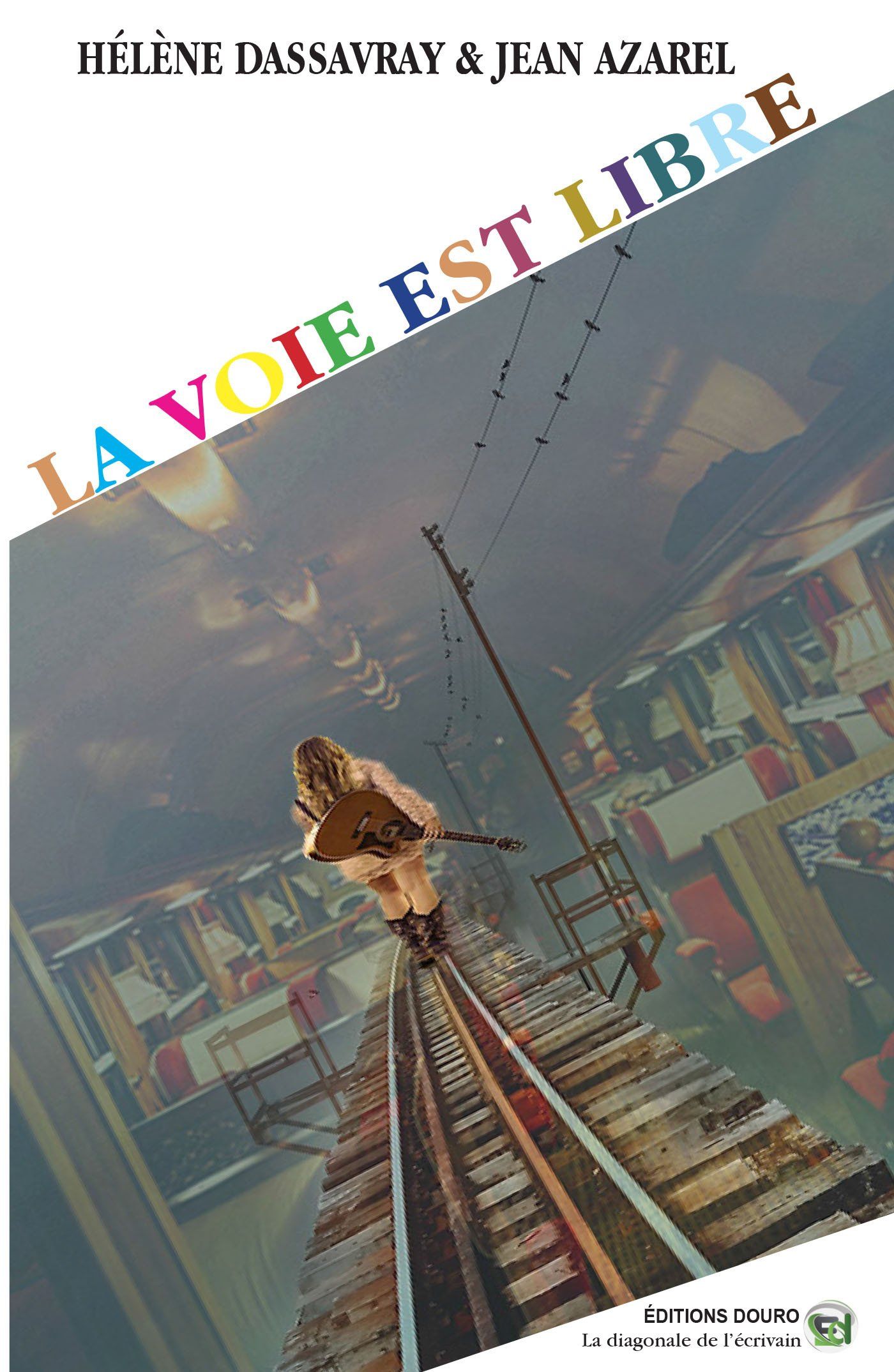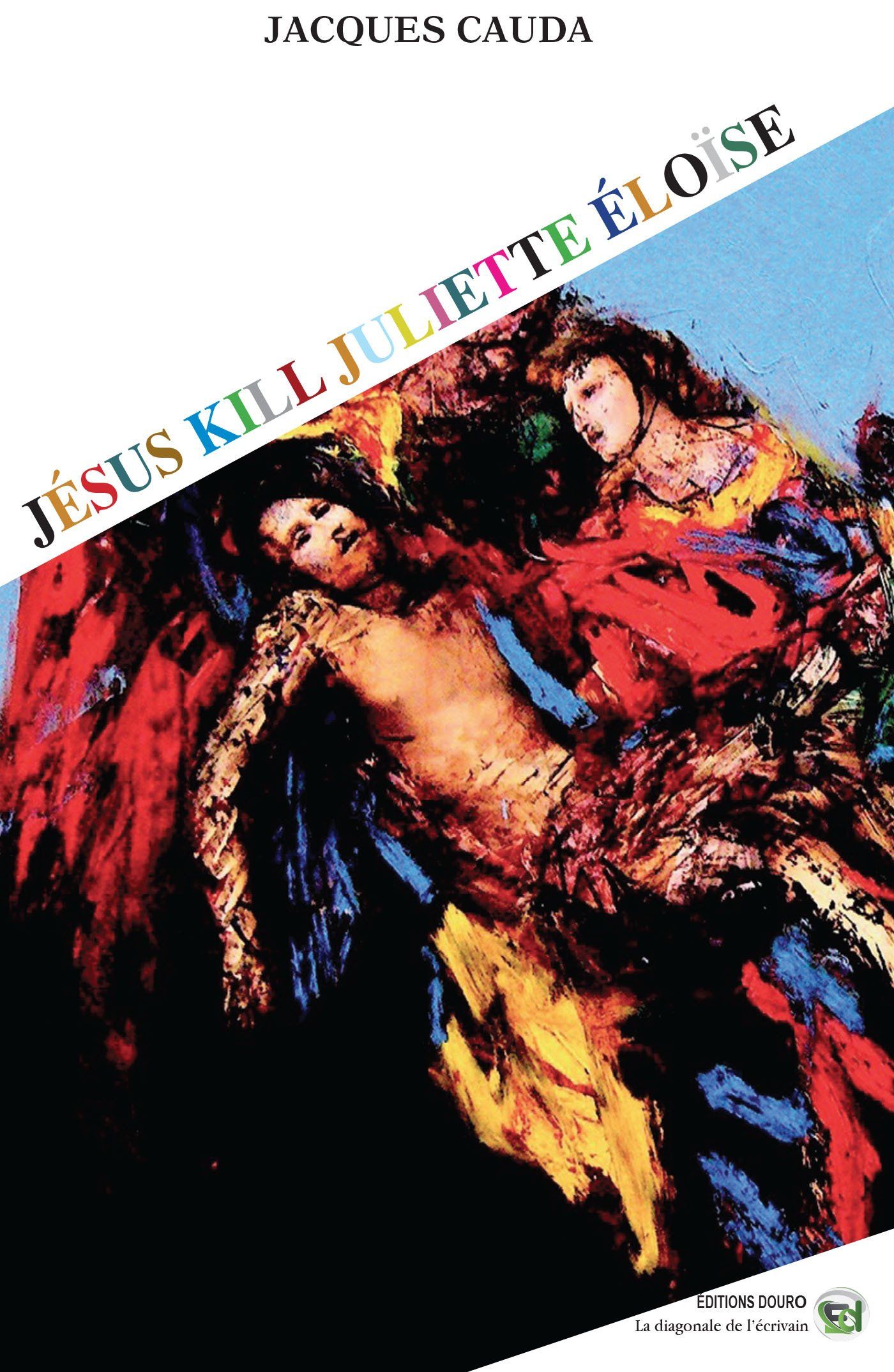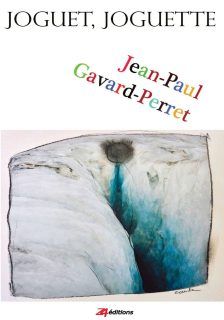La diagonale de l'écrivain, ISSN 2724-9042
Directeur : Alain Marc
La collection :
La collection « La Diagonale de l’écrivain » propose de mettre en lumière ce qui forme l’univers périphérique d’un auteur – sa fabrique –, sa trajectoire en diagonale. Elle sollicite égo, rêves, explication de textes… Ce peut être une lettre à un(e) ami(e) sur un sujet partagé, un compte-rendu, une conférence, un morceau de journal pesé à l’aune de la littérature, une imbrication récit/roman/ poésie, une description géographique intime, un échange sur support numérique accédant au statut de livre, une pièce de théâtre révélatrice du statut littéraire de l’écrivain, etc.
Taking over the collection "La Diagonale de l'écrivain" created by Philippe Thireau from 2018 to 2023, first at Z4 éditions then at Douro editions, is a serious challenge given the quality of the texts published there.
AM
Thank you, dear Philippe Thireau!
It was an honor and a real pleasure for our publishing house to take over the collection "La diagonale de l'écrivain" that you directed and developed until the end of 2020 with our colleague and friend Daniel Ziv, of Z4 Éditions.
We were also fortunate to publish one of the wonderful books you wrote, " Mephisto Cinema » and we will always be at your disposal for the next ones.
Publications of Z4 Editions remain available (below) and can be ordered through the links we provide to readers.
The Douro Editions team





































